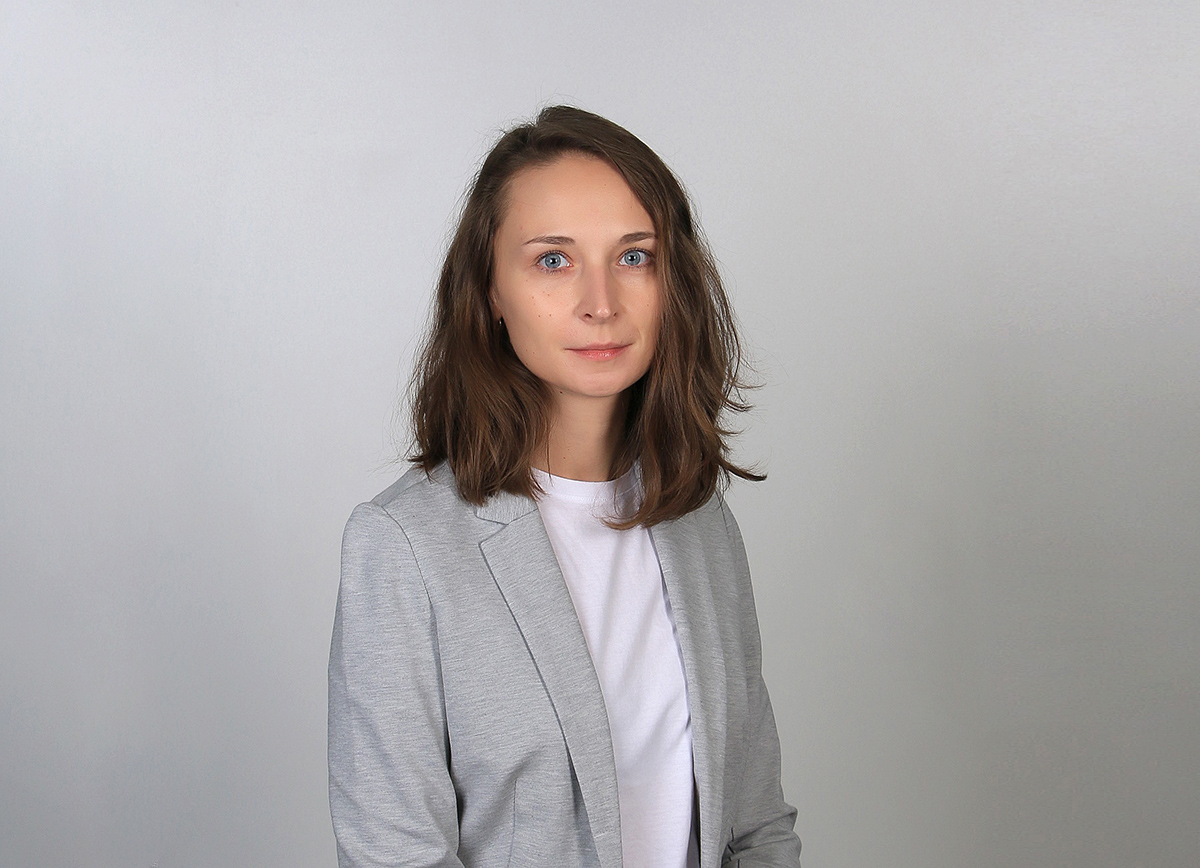Interfax: Energy saving, quantum computers and the ozone layer: St Petersburg University announces new research

In 2021, St Petersburg University researchers as part of research teams published over 40 papers in the journal Nature and they will continue to respond to the challenges of our time, said Anastasia Yarmosh, Vice-Rector for Strategic Development and Partnership, at a press conference at Interfax news agency on Tuesday.
‘This is like an Oscar or the Holy Grail for the entire research community. The 40 research publications reported the findings of research teams with participants from St Petersburg University. This infers that in 2021 we reached new heights and opened new horizons for the future,’ said Ms Yarmosh.
The publications are in various fields of science – from biotechnology and climate research projects to fundamental physics, mathematics and so on.
St Petersburg University researchers have already suggested main avenues of future research in 2022
One of them is energy-saving technologies, which can be quite costly.
‘One of our research teams has synthesised a unique peroxide derivative that makes it possible to develop a full-spectrum light source. In simple terms, our energy-saving light bulbs will be much cheaper,’ said Ms Yarmosh.
The compound contains a heavy metal – lead, she specified. This year, the researchers intend to replace the heavy-metal element so that their solution is absolutely environmentally-neutral.
‘That is a major scientific challenge. The team expects to achieve results in the current year,’ added Ms Yarmosh.
Another research team from St Petersburg University has created a unique structure that is expected to form an elemental basis for a new quantum computer.
St Petersburg University scientists are also engaged in climate change research. Thus, in 2021, the University initiated a project of the Ladoga integrated carbon testing site for monitoring carbon balance and greenhouse gases. One of the main objectives is to test new technologies and solutions in several climate zones of the Russian Federation. First concrete results are expected in 2022.
Besides, in 2021, St Petersburg University opened a Laboratory for the Research of the Ozone Layer and the Upper Atmosphere. The project is a joint effort of Russian and international scientists under the leadership of Evgeny Rozanov.
‘In effect, one of the key tasks of the Laboratory is to assess past and predict behaviour of the ozone layer over 200 years ahead. This is a project of global impact,’ stressed Ms Yarmosh.
Anastasia Yarmosh also reminded that last year the University opened the world’s first Centre for the Study of Autoimmune Diseases and the Effects of the New Coronavirus Disease at the Pirogov Clinic of High Medical Technologies at St Petersburg University. The centre focuses on studying long COVID, or post-COVID-19 syndrome, and develops research in the field of virology.
St Petersburg University: 300 years of innovation
By and large, over 330,000 studies have been conducted on the basis of the St Petersburg University Research Park, which was established in 2014. It is a complex of 23 resource centres that possess unique cutting-edge shared-use research facilities. Researchers from all over the world can request access, send samples for remote research, or come and conduct the research themselves.
‘St Petersburg University has been continuously increasing its capacity to better anticipate and respond to the challenges of our time. In this regard, we have always been taking a step further, a few steps ahead of what can be written in the programme documents. When people say that a modern university should be innovative, I smile and say: “St Petersburg University has always been at the cutting edge of science and research. Its rich history chronicles 300 years of innovation. Remember Dmitri Mendeleev – he is well-known as a great chemist. But in essence he was a great start-upper, a master of agricultural sciences and also an optimiser and entrepreneur, who came up with the idea of recording his orders on a phonograph to save time”,’ emphasised Anastasia Yarmosh.
Anastasia Yarmosh, Vice-Rector for Strategic Development and Partnership of St Petersburg University, reminded that on 8 February Russia celebrates the Day of Russian Science and the birthday of the oldest university in the country – St Petersburg University was founded in 1724 by a decree of Peter the Great.

